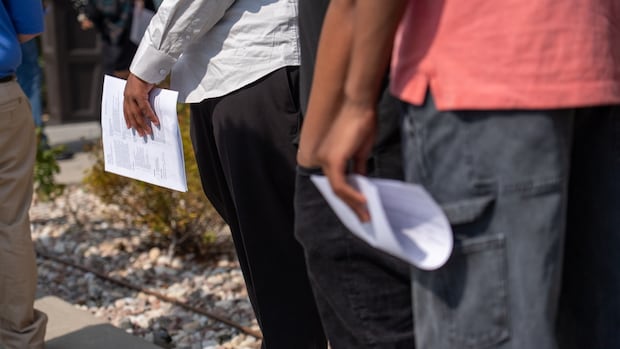We've heard it before: Bad news for the economy can be good news for mortgage rates. With the government shutdown underway — along with a surprise payroll report and the possibility of an extended standoff in Washington — the 10-year Treasury yield has been declining. Here's what that means for mortgage rates.
This embedded content is not available in your region.
Dig deeper: How the government shutdown impacts your money, from loans to Social Security
The impact on mortgage rates during the government shutdown
The 10-year Treasury note, a debt instrument issued by the U.S. government, moves in tandem with mortgage rates, with a roughly two-percentage-point spread between them. For example, if the 10-year yield is near 4%, mortgage rates will likely be near or slightly above 6%.
Chris Whalen is the chairman of Whalen Global Advisors LLC and an investment banker focusing on mortgage finance and financial services.
"The 10-year gets pulled down for a lot of reasons, some because of the friction like government shutdowns," Whalen told Yahoo Finance in an email. Mortgage rates have been falling since July, he said, but have recently eased higher. "But that was all done by aggressive lenders, not markets."
Whalen isn't expecting anything drastic to happen in the mortgage markets during the shutdown. He believes the Federal Housing Administration (FHA) will stop processing certain new loans, which will create delays in financing — but that's about it.
However, Cotality Chief Economist Dr. Selma Hepp believes a government shutdown can shape investor sentiment and limit access to key economic data — the result: possible lower mortgage rates.
"When shutdowns occur, investors typically flock to Treasury securities, which pushes their yields down and can result in slightly lower mortgage rates — usually a drop of about 0.125 to 0.25 percentage points,” Hepp told Yahoo Finance via email. “For instance, if the 30-year fixed mortgage rate is sitting at 6.375%, it might fall to around 6.125% during the shutdown."
Dr. Hepp admitted that other market factors can alter those expectations, including the interruption of vital economic reports the Federal Reserve counts on to set monetary policy, such as gauges of employment and inflation.
With so many variables in play — the economy, a transitioning housing market, and the length of time the shutdown remains in effect — it's hard to predict how the bond market will react.
Learn more: How are mortgage rates determined?
How will mortgage rates respond after the shutdown?
After the government shutdown is over, the nation will still face growing economic uncertainty.
Mike Fratantoni, chief economist for the Mortgage Bankers Association, told Yahoo Finance via email that ADP's report indicating 32,000 job losses in September amplifies concerns about a weakening job market.
"And this is particularly the case as we are unlikely to get BLS job market numbers, given the shutdown, so the ADP number increases in importance," Fratantoni added.
Realtor.com's Chief Economist Danielle Hale has predicted that mortgage rates will continue a slow drift downward following the government shutdown, though there are many variables impacting that forecast.
Her colleague has highlighted the difficulties in the housing market.
"A government shutdown adds uncertainty into a housing market that is already under pressure from high home prices and elevated mortgage rates," Anthony Smith, Realtor.com's senior economist, said in an analysis.
"Anything that further discourages prospective buyers from entering the market and risks slowing sales even more in a slow housing market is not helpful," he added.
Fratantoni noted that the bond market continues to "bounce back and forth between being more focused on the job market versus inflation. Both metrics are bad news lately, but they push rates in opposite directions."
However, watching the bond market will provide a clue to the direction of mortgage rates, he added. "Lower 10-year Treasury rates typically do lead to lower mortgage rates.”
Read more: How to get the lowest mortgage rate possible
This embedded content is not available in your region.
When should you lock in a mortgage rate?
If, after diligently shopping for a mortgage lender, you're poised and preapproved to buy a house, locking in your mortgage rate on a dip is always the goal.
However, it’s difficult to lock in a mortgage rate when they’re down because rates vary by the hour. Once you hear of a lower mortgage rate, the chance to lock it in may have already passed.
It's not worth the stress to improve your interest rate by a couple of basis points, or worth the worry if your rate rose by some incremental amount.
However, if you have a longer runway before landing a home, understanding mortgage rate trends can be very helpful. Tracking 10-year Treasury yields can help.
Laura Grace Tarpley edited this article.
[SRC] https://finance.yahoo.com/personal-finance/mortgages/article/how-government-shutdown-impacts-mortgage-rates-162939024.html
 Visit the website
Visit the website





